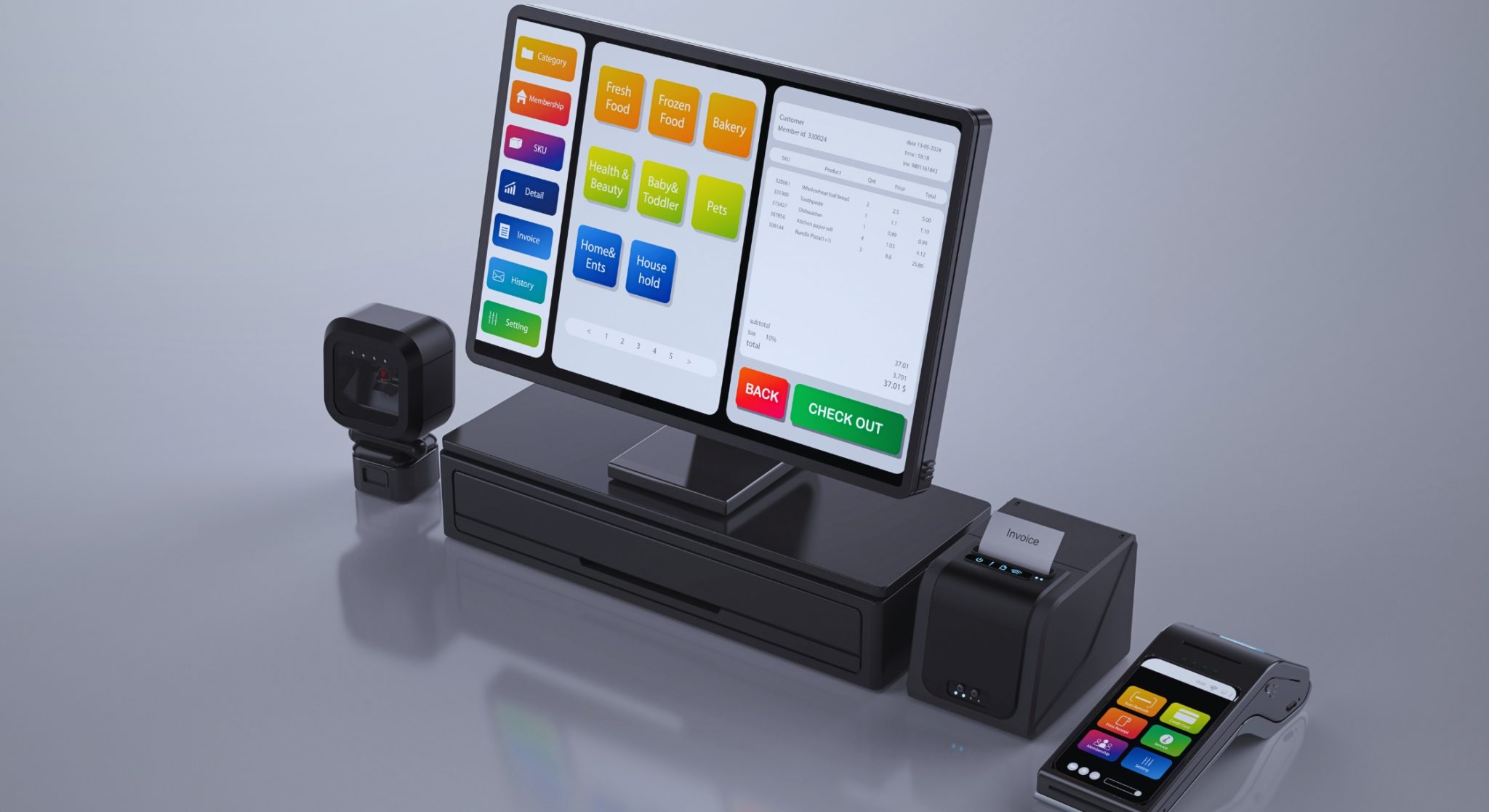Sustainable Business Practices Enabled by POS Technology

In today’s world, sustainability is no longer just a buzzword; it has become a necessity for businesses looking to thrive while minimizing their environmental footprint. As consumer awareness about environmental and social issues grows, businesses are under increasing pressure to adopt sustainable practices. Point of Sale (POS) technology plays a crucial role in enabling businesses to achieve their sustainability goals while improving operational efficiency.
1. Reducing Paper Waste with Digital Receipts
One of the most visible ways POS systems promote sustainability is by reducing paper waste. Traditional receipts contribute to millions of pounds of paper waste annually, and their production uses significant resources, including trees, water, and energy. Modern POS systems offer digital receipts as an alternative, which can be sent via email or SMS.
Benefits:
- Environmental Impact: Reduces reliance on paper and printing resources.
- Cost Savings: Lowers the cost of paper rolls and maintenance for printers.
- Customer Preference: Many consumers prefer digital receipts for convenience and eco-friendliness.
By adopting digital receipts, businesses not only reduce their carbon footprint but also appeal to environmentally conscious customers.
2. Efficient Inventory Management to Minimize Waste
POS systems equipped with inventory management features help businesses optimize stock levels, minimizing waste caused by overstocking or understocking products. In industries like retail and food services, excess inventory can lead to spoilage, waste, and increased costs.
How It Works:
- Real-Time Tracking: POS systems track inventory levels in real time, enabling businesses to monitor sales and restock only what is needed.
- Predictive Analytics: Advanced POS systems analyze sales trends to forecast demand and prevent over-purchasing.
Benefits:
- Reduces spoilage and waste, particularly for perishable goods.
- Saves money by improving supply chain efficiency.
- Aligns operations with sustainable practices by minimizing resource use.
For example, a restaurant using a smart POS system can accurately track ingredient usage, reducing food waste and improving profitability.
3. Promoting Eco-Friendly Payment Options
Modern POS systems support various eco-friendly payment options, such as contactless payments, digital wallets, and mobile payments. By encouraging digital transactions, businesses can reduce the use of physical cash, which involves resource-intensive production processes.
Benefits:
- Reduces the need for printing cash and physical receipts.
- Speeds up transactions and enhances customer experience.
- Contributes to a cashless economy that supports sustainability goals.
Digital payments also align with the preferences of modern consumers who value convenience and environmental consciousness.
4. Enabling Paperless Reporting and Operations
POS systems streamline reporting and business operations by digitizing records such as sales reports, invoices, and employee schedules. This eliminates the need for paper-based documentation, contributing to reduced waste and increased efficiency.
How It Works:
- Cloud-Based Storage: POS systems store data in the cloud, making it accessible without printing reports.
- Automated Reporting: Generate and view reports digitally in real time, reducing manual paperwork.
Benefits:
- Saves paper, ink, and printing costs.
- Reduces clutter and improves organization.
- Enhances efficiency by automating record-keeping and reporting processes.
Businesses can easily track performance and make data-driven decisions without relying on physical records.
5. Supporting Ethical Supply Chains
POS systems provide transparency and insight into supply chain management, enabling businesses to make more sustainable purchasing decisions. By analyzing data on suppliers, inventory, and sales, businesses can identify ethical suppliers that prioritize sustainability.
How It Works:
- Supplier Tracking: POS systems can track where products are sourced, ensuring they meet sustainability criteria.
- Data Insights: Analyze supplier performance and sustainability impact.
Benefits:
- Encourages partnerships with eco-friendly suppliers.
- Reduces the environmental impact of supply chains.
- Supports ethical practices, which appeal to conscious consumers.
By partnering with sustainable suppliers, businesses enhance their brand reputation and contribute to global sustainability goals.
Conclusion
Sustainable business practices are essential for long-term success, and POS technology plays a pivotal role in enabling these practices. From reducing paper waste and optimizing inventory to supporting eco-friendly payments and ethical supply chains, modern POS systems offer tools to help businesses minimize their environmental impact while boosting efficiency and profitability.
As consumer demand for sustainability continues to grow, businesses that leverage POS technology to adopt greener practices will gain a competitive edge. By embracing these solutions, companies not only contribute to a healthier planet but also align themselves with the values of their customers—a win-win for businesses and the environment alike.
Visit our site at www.dibtech.com.au
Visit our YouTube channel for tutorials Dibtech






